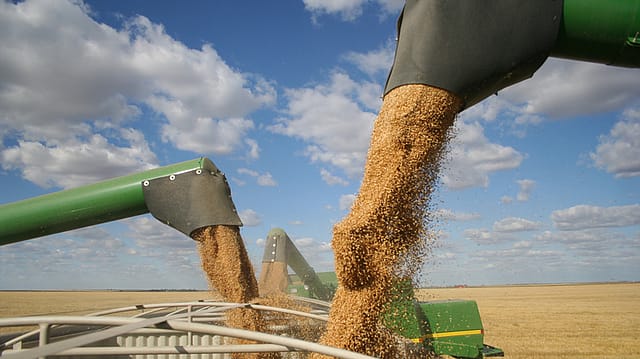Regulatory reforms can make Indian seed companies capture 10% global market share, says study
ADVERTISEMENT

Regulatory reforms in India’s seed sector can enhance the efficiency, encourage R&D, and help the country capture 10% of the global market share from the current 1% by 2035, says a recently published study on ‘ease of doing business’ in the Indian seed industry. Valued at over ₹30,000 crore ($3.6 billion), the Indian seed sector ranks fifth globally.
Regulatory friction costs the industry over ₹800 crore annually, with half of this amount attributed to delays and the remainder split among direct compliance costs, state fees, and redundant testing, according to the study, commissioned by the Federation of Seed Industry of India (FSII). It proposed a “One Nation, One License” system to eliminate state-wise duplication and save ₹382–708 crore every year by avoiding redundant procedures, bureaucratic delays, lost sales, and administrative overheads.
According to the study, the fragmented nature of multi-state licensing rules is forcing companies to obtain separate licences and repeat procedures in multiple states, confronting different documentation, fees, and timelines. This duplicative work wastes resources and time, particularly for firms operating nationally, it states.
“Licensing and variety registration timelines vary from 30 days in some states to over 180 days elsewhere. Such delays routinely cause missed planting seasons and lost business opportunities, contributing to nearly ₹290 crore in annual revenue losses for the industry,” the study says.
January 2026
Netflix, which has been in India for a decade, has successfully struck a balance between high-class premium content and pricing that attracts a range of customers. Find out how the U.S. streaming giant evolved in India, plus an exclusive interview with CEO Ted Sarandos. Also read about the Best Investments for 2026, and how rising growth and easing inflation will come in handy for finance minister Nirmala Sitharaman as she prepares Budget 2026.
Each state agricultural universities (SAUs) require unique evaluation protocols, forcing seed companies to redo expensive and time-consuming tests for each state, in addition to those conducted by ICAR (e.g., for cotton). This spikes costs, stalls product launches, and frustrates R&D investment. Direct regulatory expenses, including licensing, testing, and documentation, which collectively amount to ₹225 crore annually, are disproportionately impacting MSMEs and new entrants, the study alleges.
Lack of transparency and digital efficiency arising from paper-based, manual regulatory procedures, as well as the withdrawal of the 200% tax deduction for R&D, have also been highlighted as key challenges for the industry.
Over 70% of firms would increase R&D spending by 13–15% if regulatory bottlenecks were removed, enabling faster delivery of climate-smart, high-yield seeds. Restoring and targeting R&D tax incentives would spark additional private research investment, allowing more varieties to be released as the company, improved exports, and faster R&D cycles, fueling innovation, the study said.
Improved seed quality can be an ecosystem multiplier, as it benefits downstream industries such as feed, fuel, textiles, and food processing through enhanced productivity, reliability, and innovation potential, it claims.
